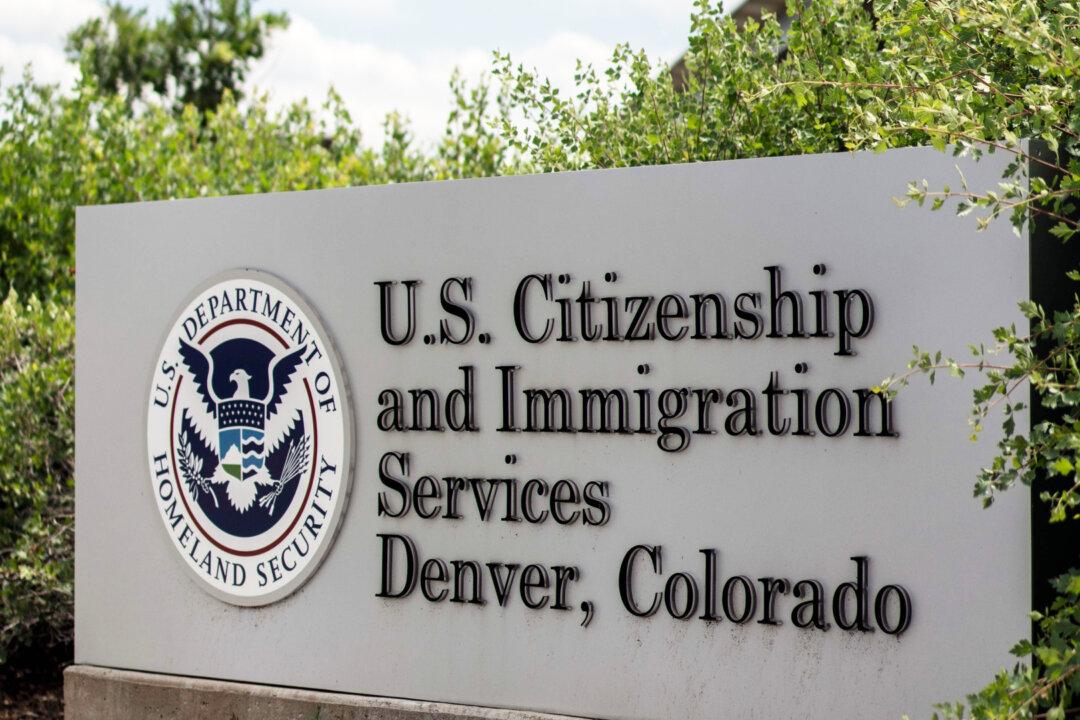More than 13,000 employees at the United States Citizenship and Immigration Services (USCIS) will be receiving furlough notices within the next week, unless it receives emergency funding from Congress, a spokesperson has confirmed.
“On or before July 2, approximately 13,400 USCIS employees will receive notice that if USCIS must proceed with an administrative furlough, they would be furloughed beginning August 3,” the spokesperson said in a statement.




